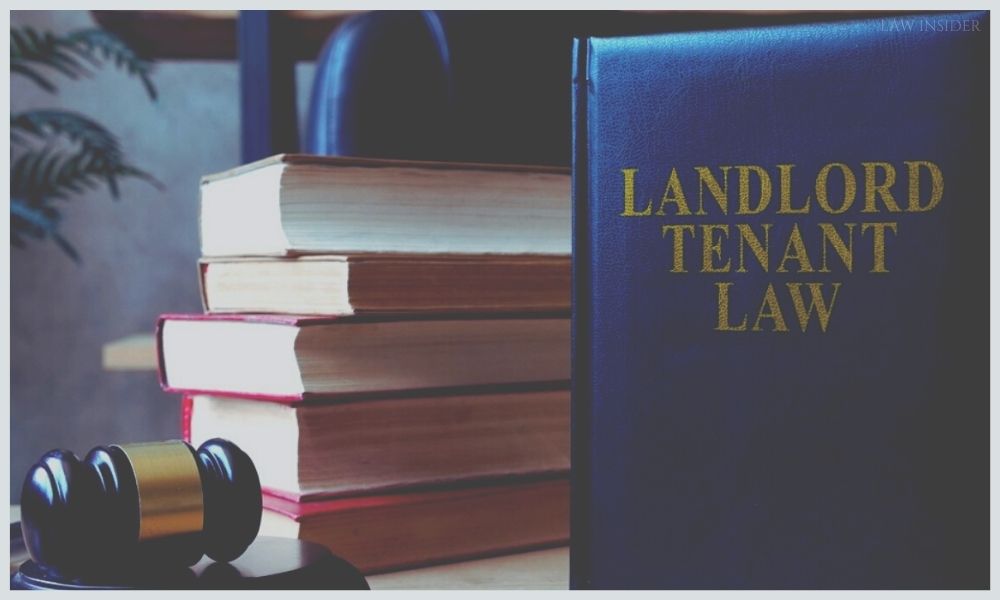Property rights are one of the essential elements of constitutional law. The protection of property rights is a fundamental feature of the constitution, which is intended to secure the individual’s right to own, use and dispose of property without undue interference from others, including the government.
Throughout history, property rights have played a critical role in shaping political and economic systems. The concept of private ownership of land or other assets is the bedrock of modern Western civilization, and it forms the basis for most capitalist economies. As such, the framers of the Constitution recognized the importance of preserving property rights and incorporated this concept into the fabric of American law.

While the Constitution does not explicitly mention property rights, the protection of these rights is inferred from various provisions within the document. For example, the Fifth Amendment ensures that no person shall be deprived of life, liberty or property without due process of law. The Fourth Amendment protects individuals from unreasonable searches and seizures, which also extends to their property. Furthermore, the Constitution’s Commerce Clause, Contracts Clause, and Takings Clause all relate to property rights in some way.
Over the years, the Supreme Court has issued several landmark decisions that have clarified and expanded the scope of property rights under the Constitution. In the 1920 case of Pennsylvania Coal Co. v. Mahon, the Supreme Court held that the government could not regulate the use of property to such an extent that it amounted to taking the property, without providing just compensation. This decision laid the foundation for the modern “takings” doctrine, which provides that the government may take private property, but only under certain circumstances and for a public purpose.
Another key case is Kelo v. City of New London, in which the Supreme Court upheld the use of eminent domain to take private property in the interest of economic development. This decision sparked widespread outrage and led many states to pass legislation that restricts the use of eminent domain for private projects.

While the Constitution provides robust protection for property rights, these rights are not absolute. The government may regulate the use of property in the public interest, and property owners must comply with zoning and other regulations. However, any government action that amounts to a taking of property must be for a genuine public purpose and provide just compensation.
Property rights occupy a central place in the Constitution and are an essential component of American society. The government is prohibited from taking private property without just compensation, and the Supreme Court has issued numerous decisions that have expanded and clarified the scope of property rights under the Constitution. These rights are critical to the functioning of a capitalist economy and the protection of individual liberties, and they remain one of the most significant achievements of the framers of the Constitution.











